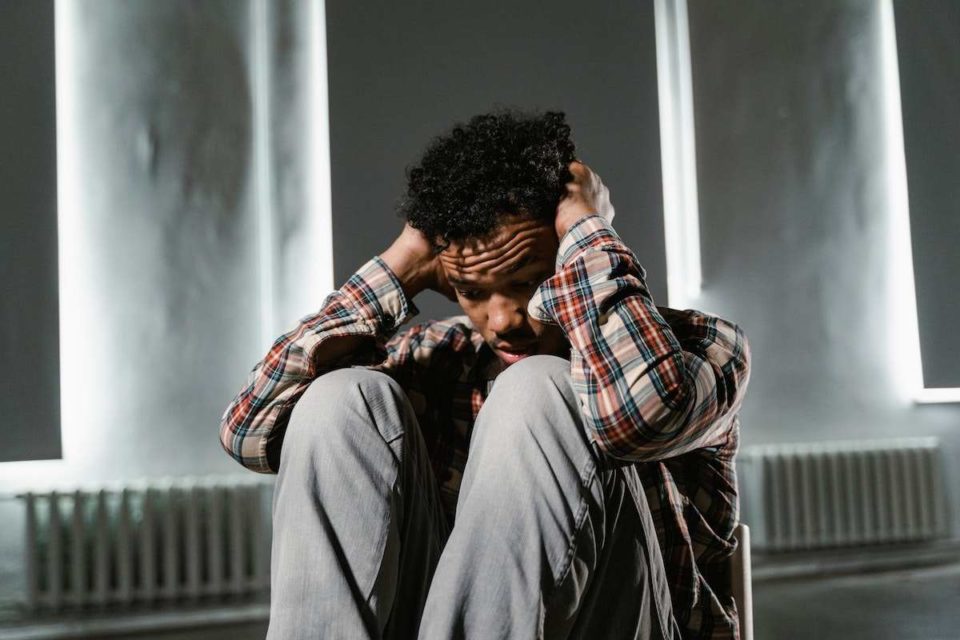February 24, 2020
How Exposure Therapy Can Help You Overcome Your Fears and Phobias
Written by Rachel Eddins
Posted in Anxiety and with tags: OCD, types of therapy

What do you know about exposure therapy?
Being exposed to the very thing you’re most afraid of likely sounds like a nightmare. In fact, you probably take deliberate steps to avoid people, places, objects, or even animals that might remind you of past trauma or trigger severe anxiety.
The phrase “exposure therapy” may sound contradictory. How could exposure to these perceived threats be therapeutic?
But exposure therapy is a tried and true behavior therapy technique that can yield impressive results, particularly for anxiety and OCD. Don’t worry; your therapist won’t be forcing you into dangerous situations or pushing you way out of your comfort zone in your first session. You’ll always be in a safe place.
Over time, exposure therapy can teach you that the things you fear most aren’t so scary after all. Here’s how exposure therapy can help you break through your fears.
Offers a Safe Context
If you encounter something you see as a threat at a random time and place, you’re going to react with fear, and you may even have a panic attack. But in exposure therapy, the “threat” is downgraded because you’re in a controlled environment where nothing can physically hurt you.
You have a chance to face your fears, but the stakes are low. You’ll have an opportunity to come face to face with the threat, but you’ll learn not to associate it with dangerous situations automatically.
Teaches Self Sufficiency
Exposure therapy gives you the chance to prove to yourself that you can handle whatever you view as threatening. Fear is often rooted in a belief that we’re incapable of dealing with certain people or scenarios, and that we’ll suffer when we fail to act with confidence or bravery.
During an exposure therapy session, you’ll learn that you are more capable than you previously thought. When you have to deal with the same situation in real life, you can draw on the memory of conquering your fear and the tactics you used.
Provides Gradual Exposure
Let’s say that you have a phobia of spiders. Your therapist is not just going to walk into your first exposure therapy session and hand you a tarantula. Instead, you might begin by only looking at photos of spiders or watching videos.
As you gradually get more and more accustomed to facing your fears, whatever they may be, they will begin to seem less and less scary. This response is because you’ll have time to adjust and learn new strategies for dealing with them.
It’s not like diving right into a pool. It’s more like easing your way into the water until you’re at ease with the temperature.
Encourages Shifting Beliefs
Our thoughts aren’t necessarily facts. But we often believe them without hesitation. This mindset means that many of our fears aren’t rooted in reality or honest expectations. Part of exposure therapy is learning when we need to take a step back and call our thoughts and beliefs into question.
This approach doesn’t mean we can’t trust ourselves, but we need to know when we’re giving in to limiting beliefs. Exposure therapy can teach you to form new, realistic thoughts around the source of your phobia or trauma.
Supports Relaxation Techniques
Remember, your therapist isn’t pushing you into the deep end here. Before you even begin exposure therapy, they will teach you a few relaxation techniques that you can employ when you start tackling your phobia. That way, you won’t just be floundering if your heart starts to race, and you feel the anxiety coming on. You’ll have a few methods in your back pocket to help you see the session through.
Exposure Therapy With an Experienced Therapist
 Wondering if therapy could help you work through your anxiety, OCD or panic disorder? Let’s see if exposure therapy is the right path for you. Please contact us for help. Eddins Counseling Group in Houston, TX, has experienced therapists that specialize in anxiety and OCD. Call us today at 832-323-2355 or book an appointment online.
Wondering if therapy could help you work through your anxiety, OCD or panic disorder? Let’s see if exposure therapy is the right path for you. Please contact us for help. Eddins Counseling Group in Houston, TX, has experienced therapists that specialize in anxiety and OCD. Call us today at 832-323-2355 or book an appointment online.
5 Ways to Reduce Anxiety
Get instant access to your free ebook.
Grounding & Self Soothing
Get instant access to your free ebook.
Create Healthier Thoughts & Feelings
Get instant access to your free ebook.
Why You Feel This Way
Get instant access to your free ebook.
















